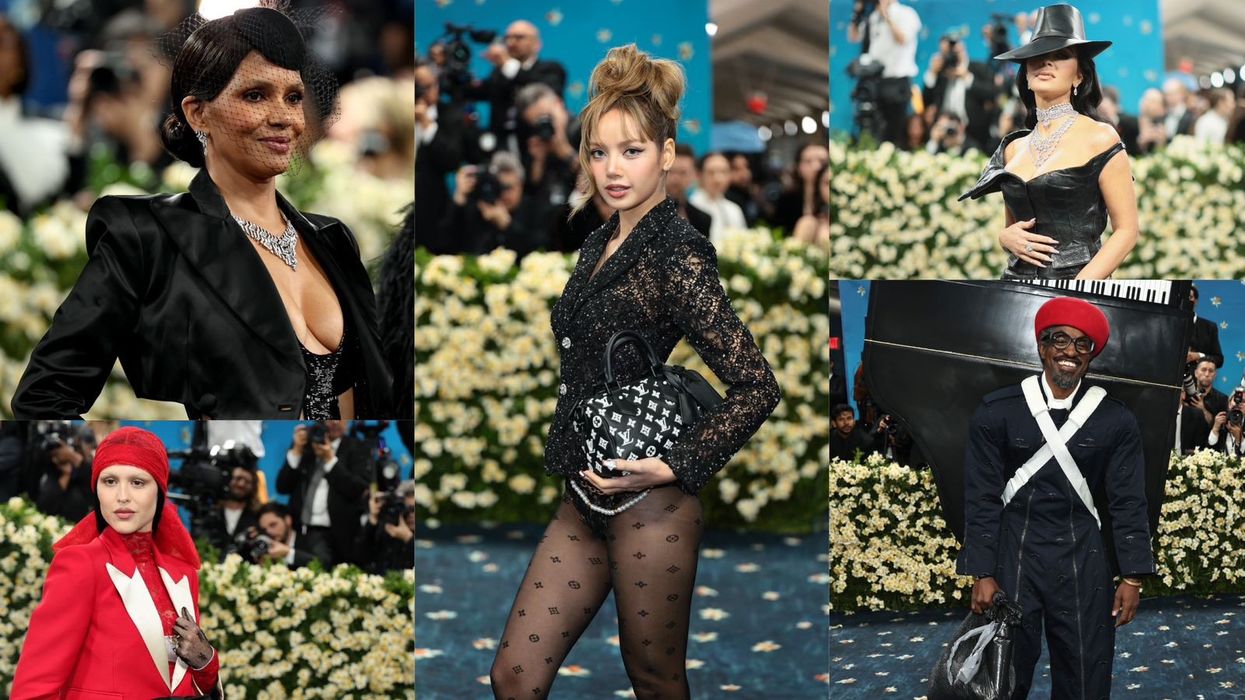The Met Gala may be fashion’s biggest night, but controversy always finds its way onto the red carpet. This year was no different. From bold political statements sewn into lingerie to grand piano backpacks and a wave of pantless outfits, the 2025 Met Gala saw celebs pushing boundaries—and sometimes too far. Whether these looks were fashion-forward or just plain eyebrow-raising, one thing’s for sure: they got people talking.
1. Halle Berry’s see-through gown turned heads and raised eyebrows
Halle Berry isn’t new to bold red carpet fashion, but her nearly-nude LaQuan Smith gown left very little to the imagination. At 58, the actress confidently rocked a sheer black dress with striped panels and no underwear. While fans applauded her confidence, others felt the look teetered too close to a wardrobe malfunction and missed the mark on elegance.
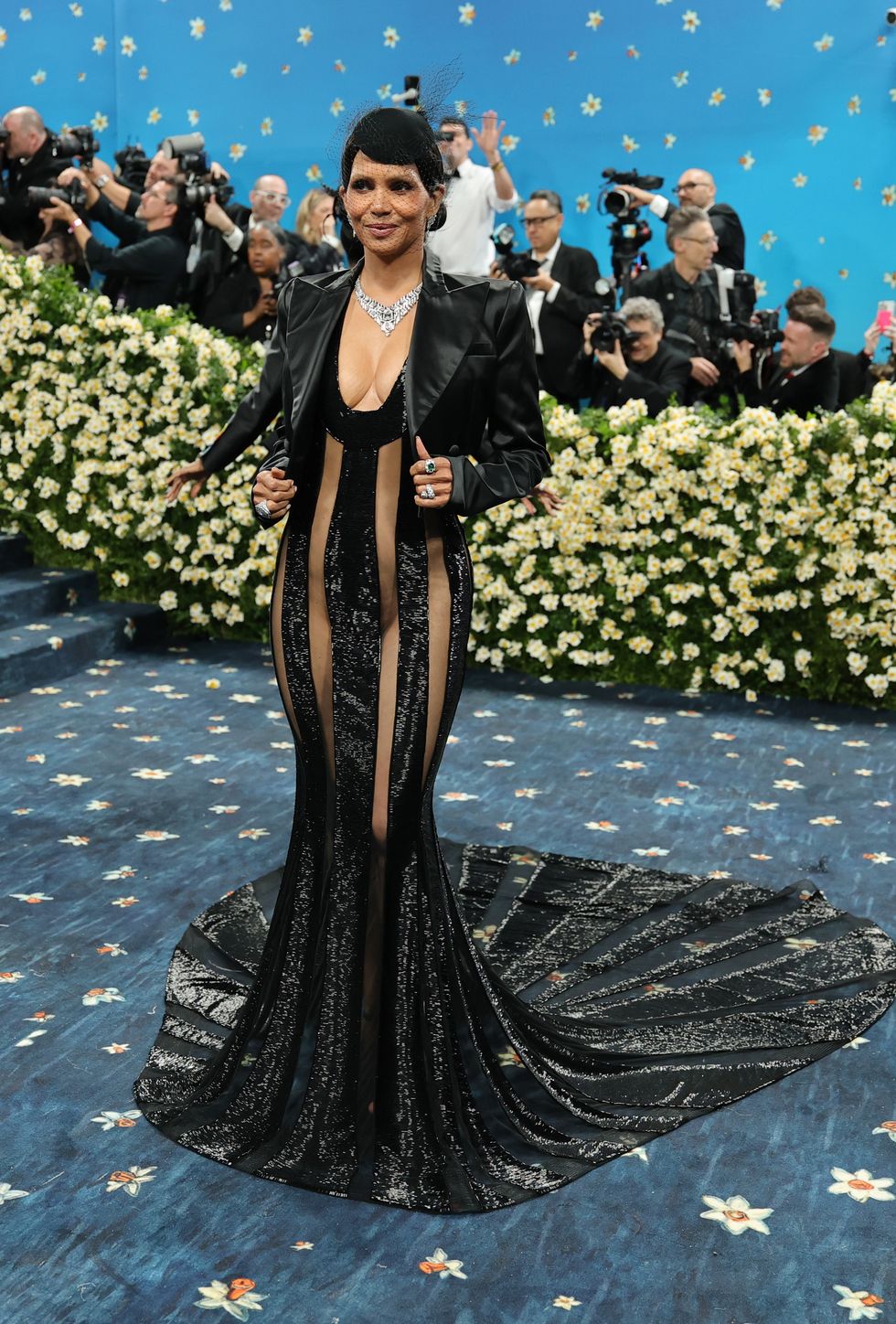
2. Lisa’s Louis Vuitton bodysuit sparked a storm
K-pop star and White Lotus actress Lisa made her Met Gala debut in a lingerie-style Louis Vuitton bodysuit embroidered with women’s faces. But things went south fast when social media users noticed one image strongly resembled civil rights icon Rosa Parks positioned on the underwear. What was likely meant to be empowering quickly turned into one of the night’s most talked-about fashion fails, with many calling it tone-deaf and disrespectful.
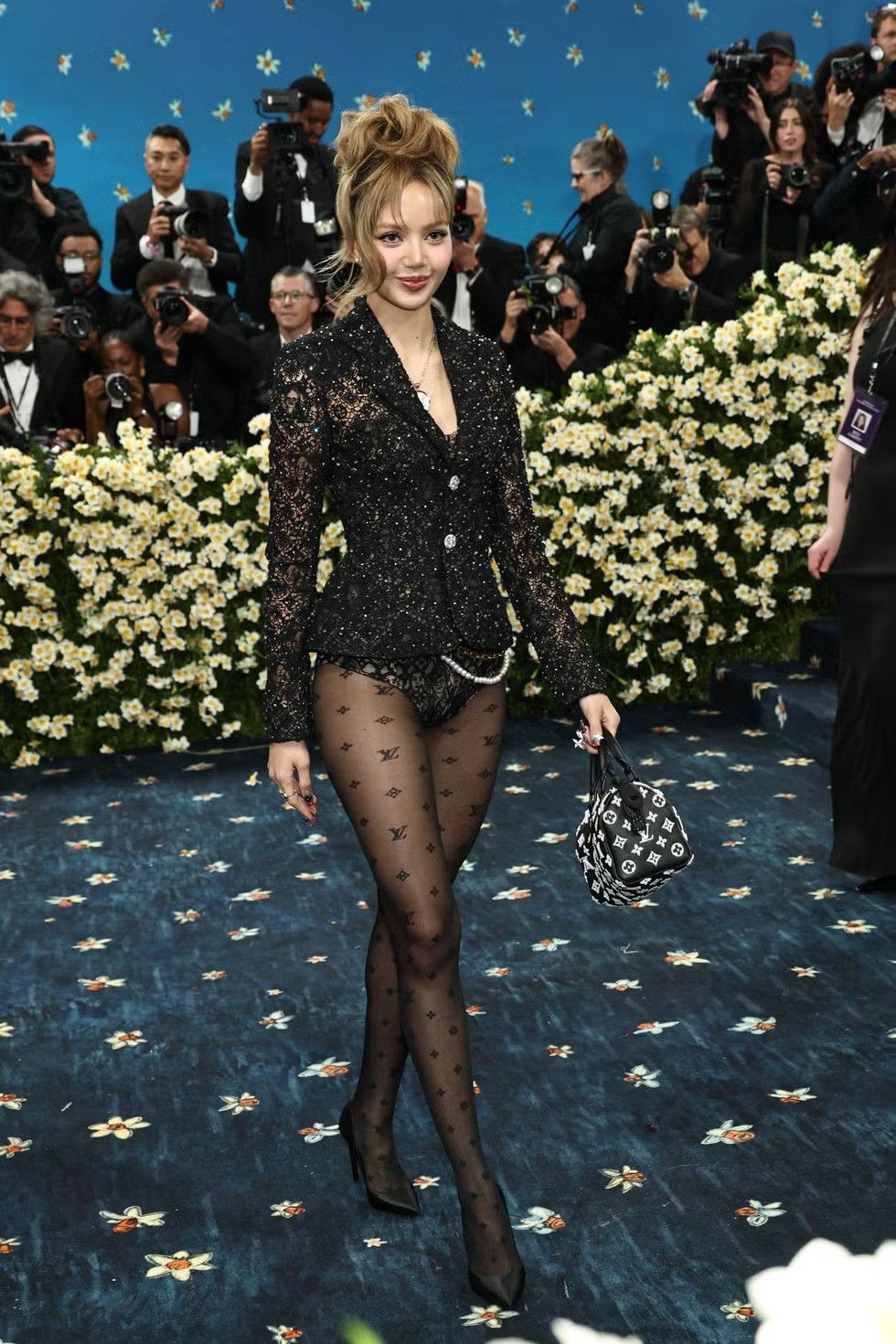
3. Kim Kardashian's futuristic Balenciaga look
Kim K has had her share of Met Gala hits and misses, and this year’s sculptural Balenciaga look fell somewhere in between. The silver gown itself was futuristic and structured, but the face-covering chrome mask stole all the attention for good or bad. While some called it a clever commentary on fame and anonymity, others just found it strange and impersonal.
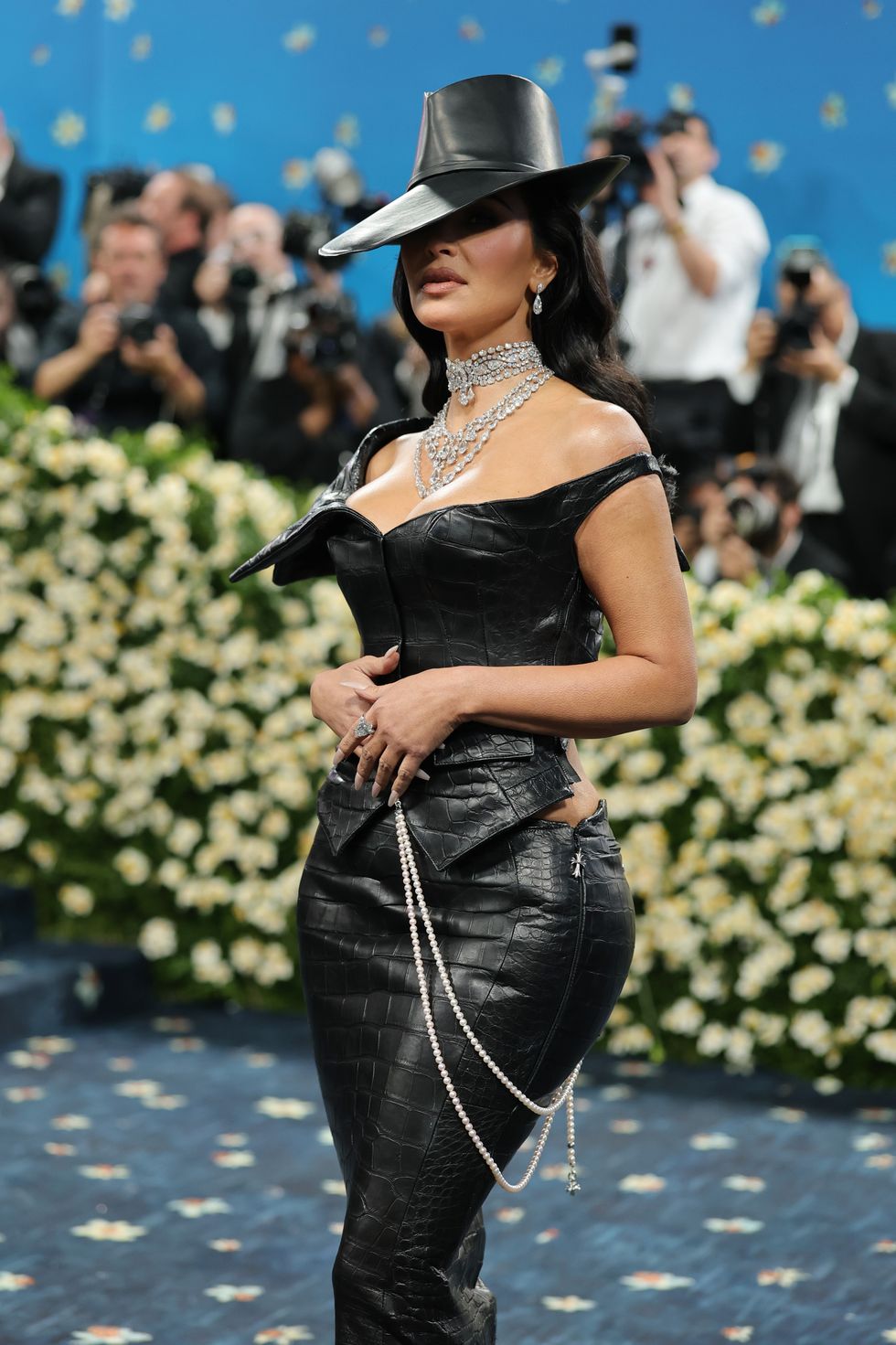
4. Amelia Gray Hamlin’s pantless red Valentino look stirred debate
Amelia Gray Hamlin embraced the pantless trend in a bold red Valentino ensemble that blended high fashion with high risk. Her look featured a daring bodysuit and dramatic accessories, but opinions were split. While some praised the fearless fashion choice, others felt it leaned more risqué than refined and questioned how well it fit the theme.
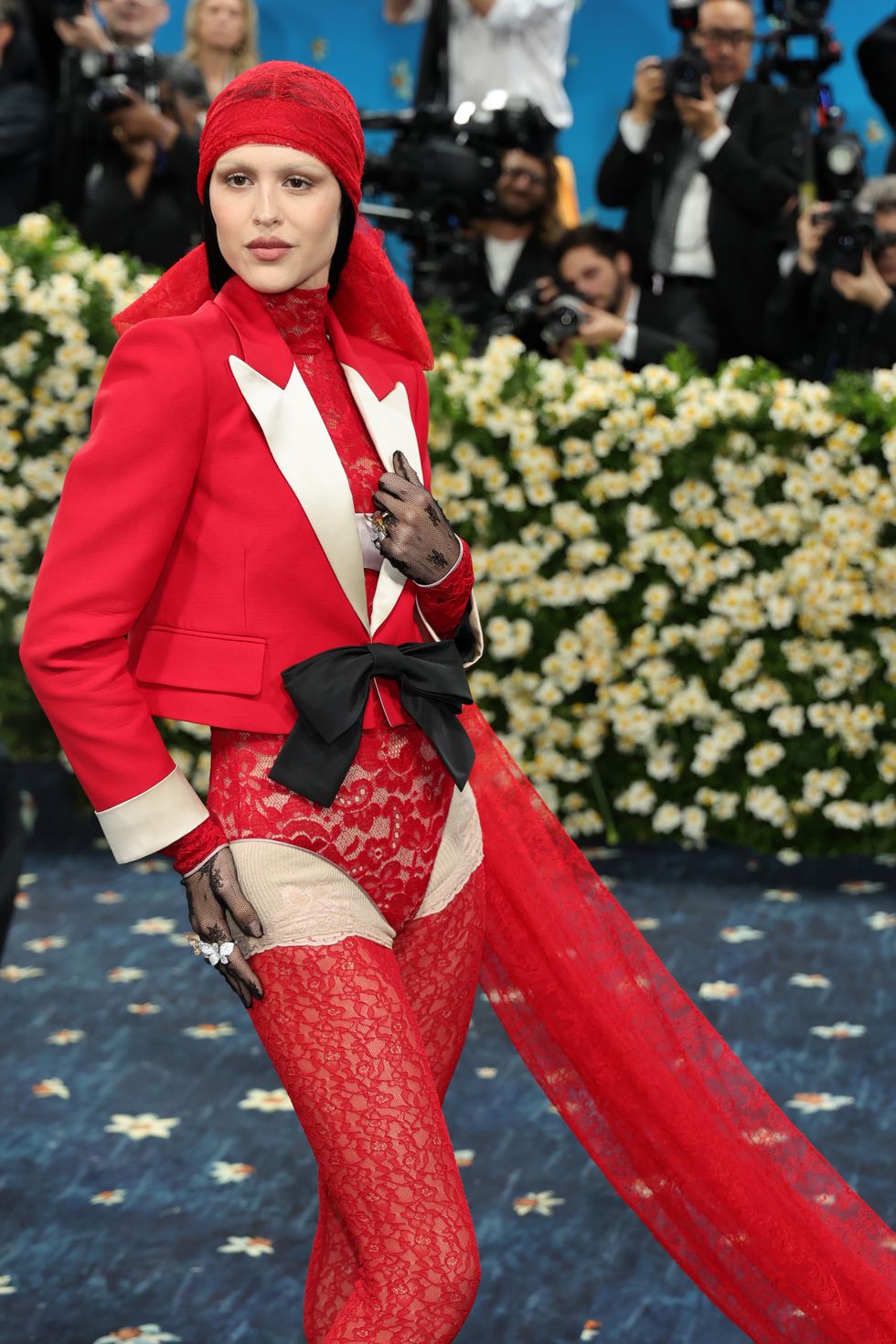
5. André 3000’s baby grand piano backpack left everyone confused
Leave it to André 3000 to make a statement no one saw coming. The rapper walked the carpet with a literal baby grand piano strapped to his back and a rubbish bag as a purse. Some praised the creativity and tie-in to his latest EP, while others wondered if the Met Gala had become a performance art showcase. Gimmick or genius? The jury’s still out.
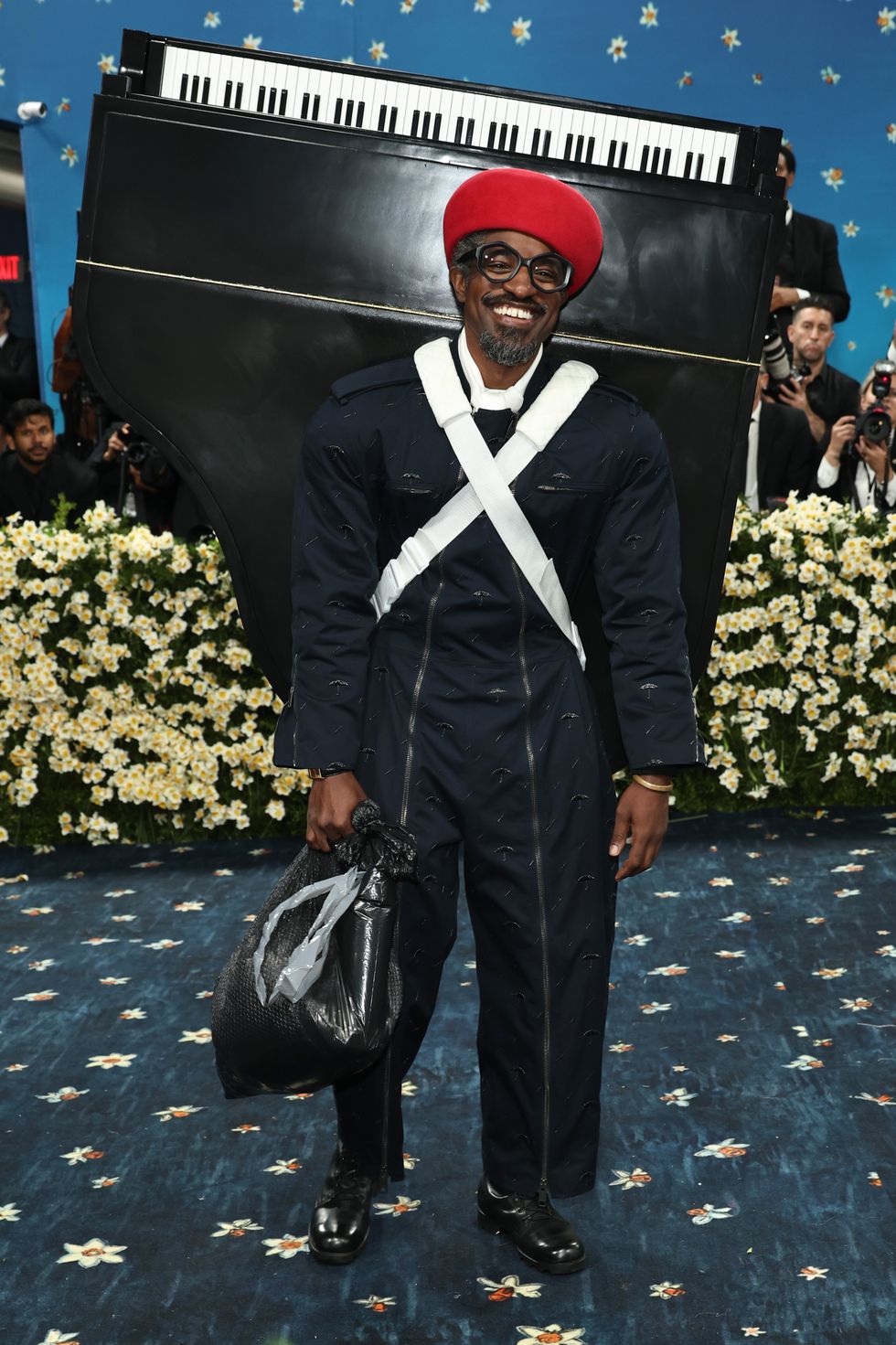
The pantless trend
The no-pants trend dominated, with celebrities like Lisa, Hailey Bieber, Sabrina Carpenter, and Amelia Gray Hamlin opting for bodysuits, blazers, and visible underwear. Some celebrated it as modern and daring, while others saw it as a fashion cop-out that distracted from the “tailored Black style” theme.
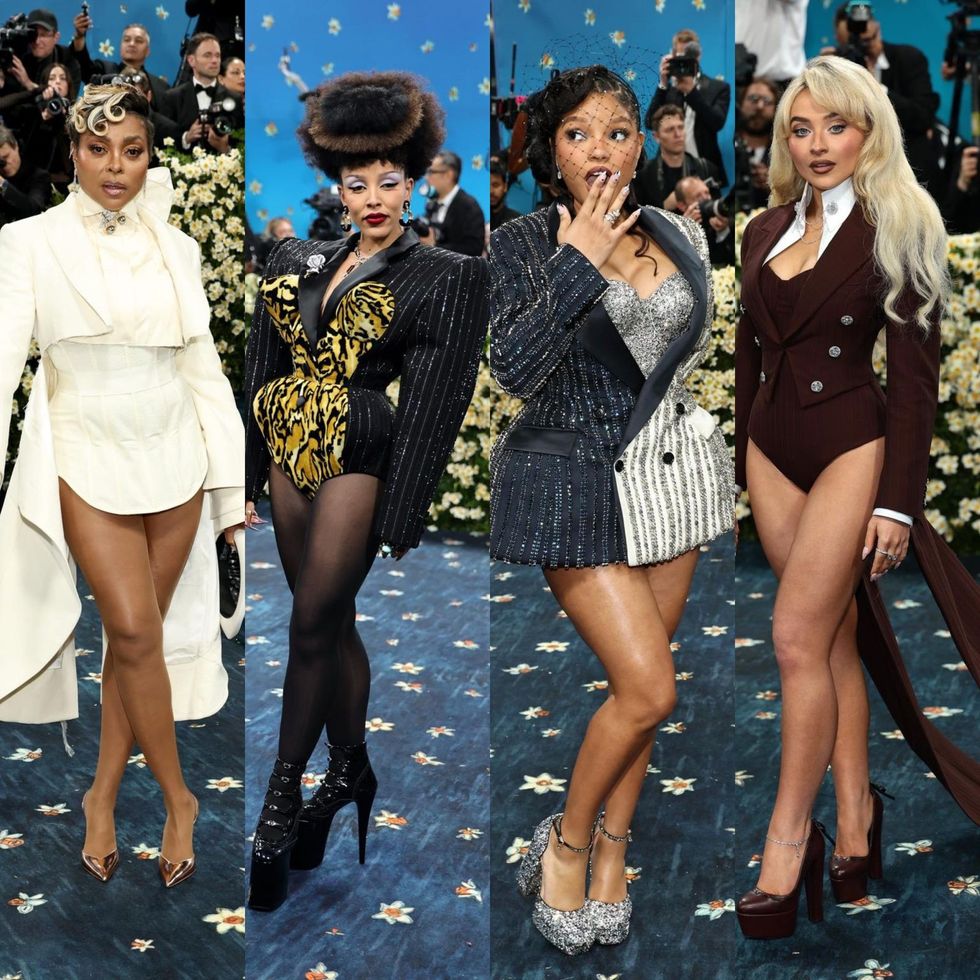
Final thoughts?
At the Met Gala, fashion risks are expected, but when they veer into uncomfortable, off-theme, or downright confusing territory, they spark global conversation. These looks prove that controversy on the red carpet can be just as headline-making as elegance. Whether you loved them, hated them, or still don’t know what to think, they all made sure the 2025 Met Gala won’t be forgotten any time soon.
